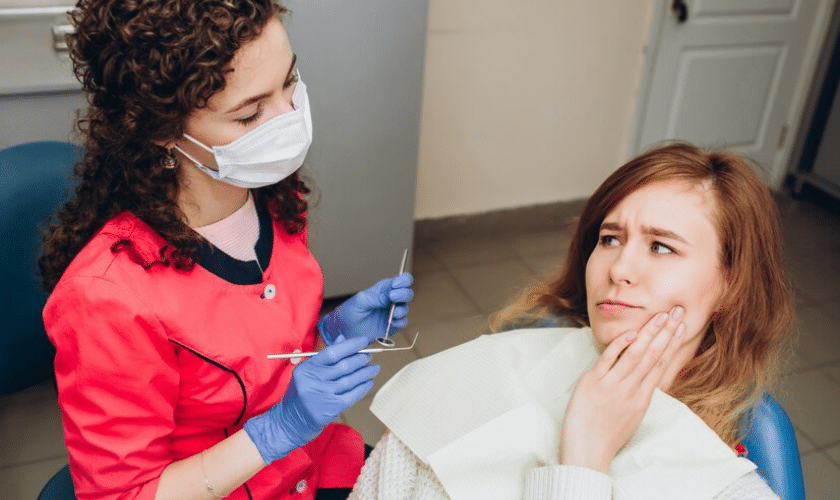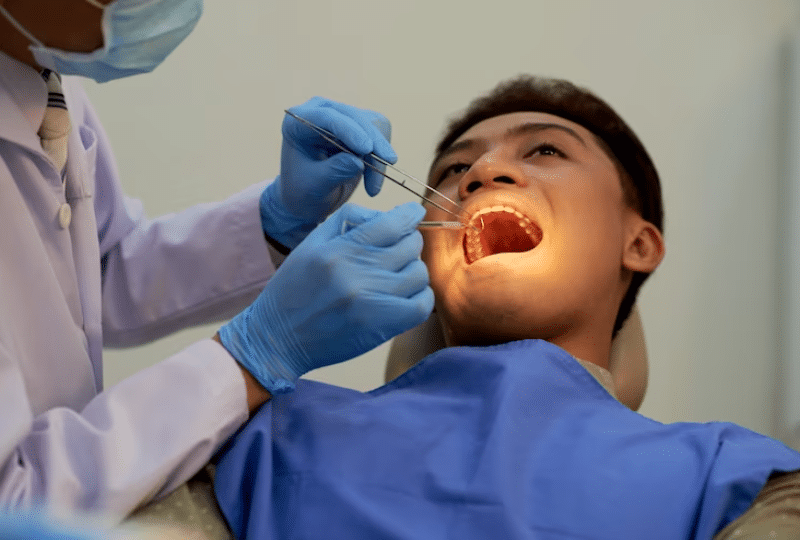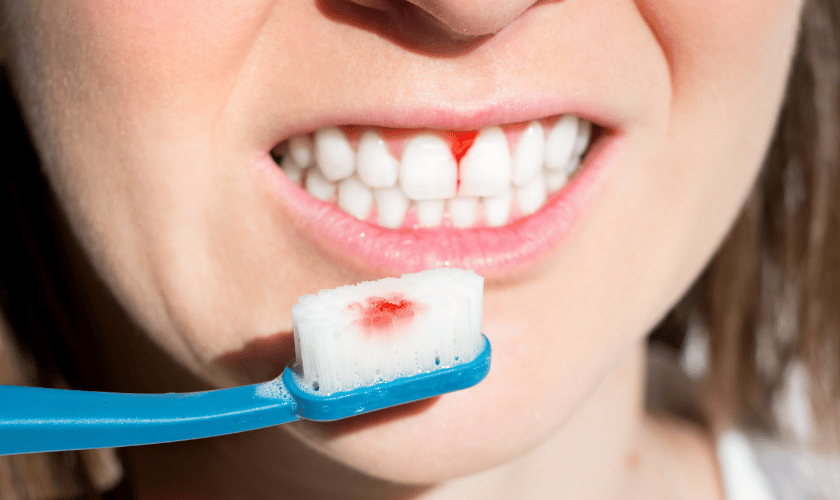Maintaining healthy gums is vital for overall oral health. Periodontal disease, commonly known as gum disease, can lead to serious dental problems if left untreated. Fortunately, there are effective ways to prevent periodontal disease and ensure your gums stay healthy. Let’s explore some practical tips recommended by dental professionals.
Understanding Periodontal Disease
To prevent periodontal disease, it’s important to grasp how it impacts oral health. Periodontal disease refers to infections affecting structures around the teeth, including the gums, periodontal ligament, and alveolar bone. It usually begins with gingivitis, characterized by red, swollen gums that bleed easily when brushed.
Untreated gingivitis can progress to periodontitis, where the inner gum and bone pull away from the teeth, forming infected pockets that can lead to tooth loss if not promptly addressed.
Maintain Proper Oral Hygiene
The foundation of preventing periodontal disease lies in maintaining proper oral hygiene. Brush your teeth at least twice a day with fluoride toothpaste to remove plaque—a sticky film of bacteria that forms on teeth. Use a soft-bristled toothbrush and gentle, circular motions to clean all tooth surfaces and along the gumline.
Flossing is equally crucial. It removes plaque and food particles from between teeth and under the gumline. Make daily flossing a part of your oral care routine to prevent plaque buildup in hard-to-reach areas.
Adopt a Balanced Diet
Your diet significantly influences gum health. Limit sugary snacks and beverages, as sugar contributes to plaque formation and increases gum disease risk. Instead, prioritize a balanced diet rich in fruits, vegetables, and lean proteins. Foods high in vitamin C, like oranges, strawberries, and broccoli, are particularly beneficial for gum health, promoting gum tissue healing and reducing inflammation.
Quit Smoking and Avoid Tobacco Products
Smoking and tobacco use are harmful to gum health. Research shows smokers face a higher risk of gum disease due to weakened immune systems that struggle to combat gum infections. If you smoke, consider quitting. Your dentist can provide resources and support to help you quit for good.
Schedule Regular Dental Checkups
Regular dental visits are essential for preventing periodontal disease. Dentists can detect early signs of gum disease and provide professional cleanings to remove plaque and tartar buildup. Aim for dental checkups at least twice a year or as recommended by your dentist. During these visits, your dentist can evaluate your oral hygiene practices and offer personalized advice to enhance your dental care routine.
Practice Stress Management
Believe it or not, stress impacts oral health. High-stress levels weaken the immune system, making you more susceptible to infections like gum disease. To manage stress effectively, incorporate stress-relief techniques such as meditation, yoga, or deep breathing exercises.
Use Antiseptic Mouthwash
In addition to brushing and flossing, using an antiseptic mouthwash can reduce plaque and prevent gum disease. Look for mouthwash carrying the American Dental Association (ADA) Seal of Acceptance, indicating its safety and effectiveness.
By adopting these preventive measures, you can significantly reduce the risk of developing periodontal disease and maintain healthy gums. Remember, prevention is key to optimal oral health. If you’re concerned about your gum health or need personalized dental care, don’t hesitate to consult a dentist. They can offer expert guidance to achieve and maintain optimal oral hygiene.
Prioritize your gum health today for a confident smile and overall well-being. Take charge of your oral health journey now!



